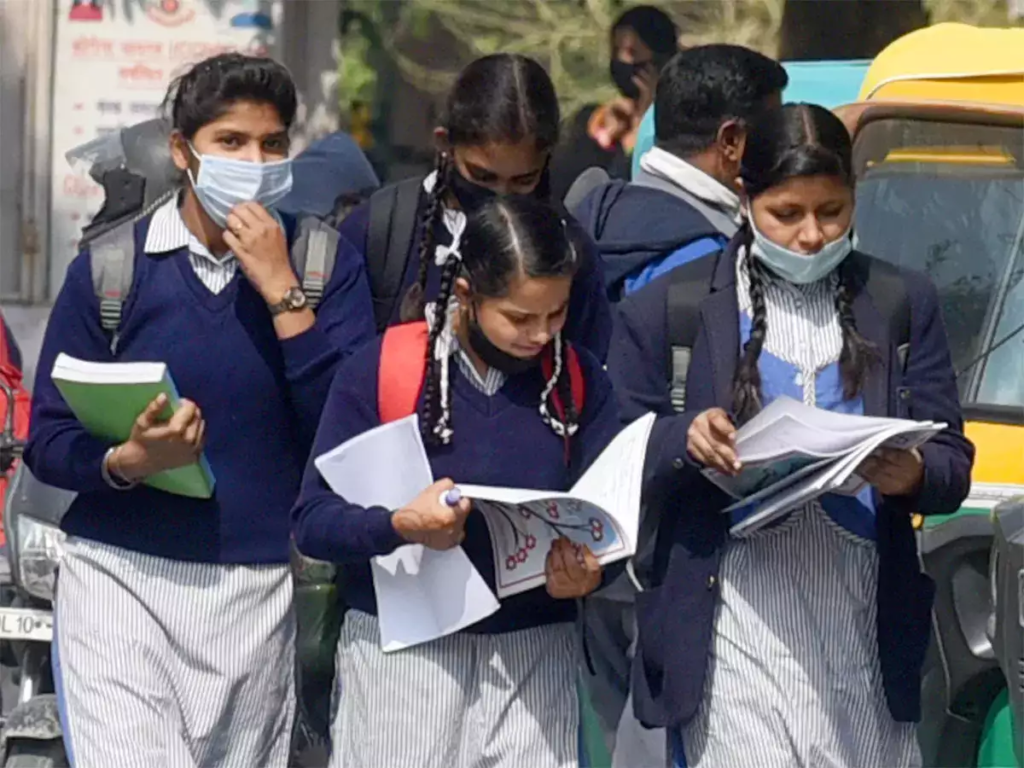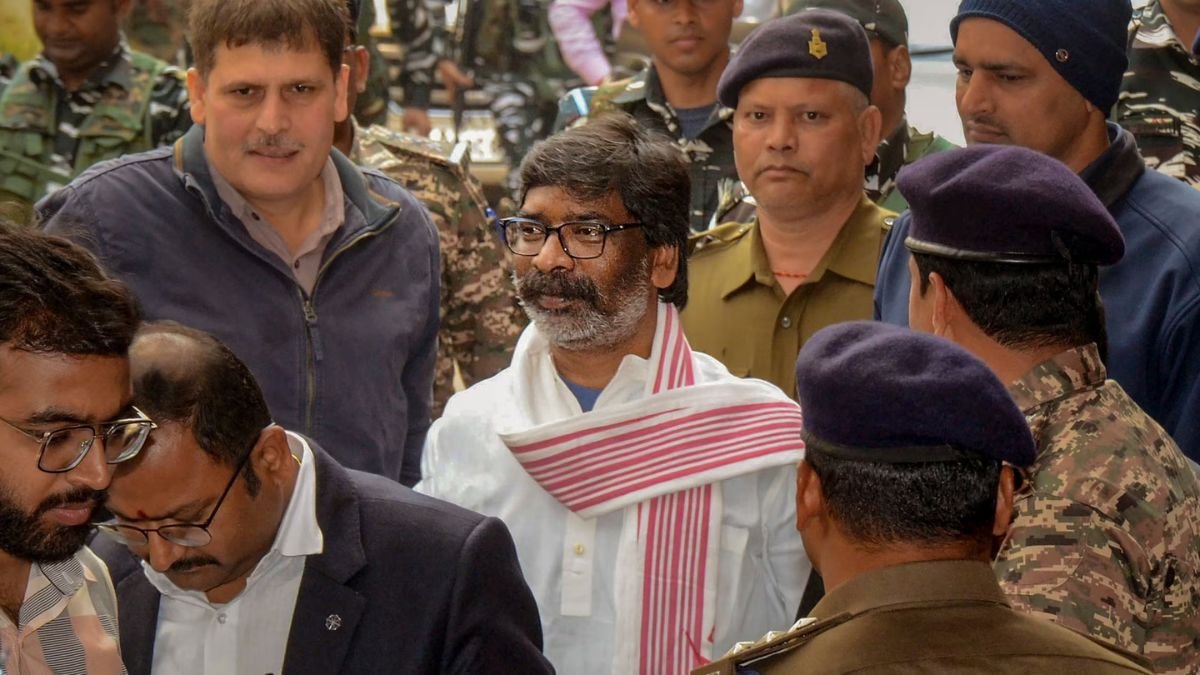Reopening Schools Not Alone Can Restore Normalcy, Manipur Needs Strong Political Solutions

Amid violence in the state, the reopening of schools raises questions. Obviously, education is very important for children but there is a challenge of security of the students too. Re-opening of schools isn’t going to restore normalcy.
Violence Continues in Manipur

Two months on, violence continues in the northeastern state of Manipur. On Friday, three people were killed near Phougakchao Ikhai village on the Bishnupur-Churachandpur border. Amid all this, schools re-opened in the state for Classes 1 to 8 with low attendance on Wednesday. However, ninety-six schools located in the worst-affected areas are still closed. The ethnic violence between Meiteis and Kukis has taken the lives of over 130 people and displaced more than 40,000 people. Miscreants are still firing at people. The reopening of schools raises questions about the security of students and the effectiveness of restoring normalcy.
Strong Political Solutions Needed
To restore normalcy in Manipur, two key aspects need to be addressed. Firstly, armed miscreants and militants, belonging to both Kuki and Meitei communities, have to be brought under control. The ongoing violence and unrest are hindering the prospects of a peaceful environment necessary for children’s education. Secondly, the state needs strong political solutions. The current government led by Chief Minister N. Biren Singh, who has lost support among the Kukis and a section of Meiteis, is contributing to the problem. Education of children can thrive only in a peaceful environment, not in the tense situation prevailing in the northeastern state.
Visit of Left Parliamentarians
A five-member delegation comprising Communist Party of India (CPI) and Communist Party of India (Marxist) (CPM) parliamentarians visited Manipur for three days, which ended on Sunday. The delegation aimed to meet people from all communities in Churachandpur and Imphal Valley. This visit by left-wing MPs to the strife-torn state is a welcome step. It follows former Congress president Rahul Gandhi’s recent two-day visit. The BJP-led Centre has yet to take decisive political steps to restore normalcy, perhaps due to concerns about potential electoral implications. Currently, the focus is on addressing the situation through security forces. However, it is important to listen to the pain and suffering of the people in the state. With the upcoming monsoon session of Parliament, it is hoped that the left-wing parliamentarians visiting the state will raise their voices for the people and push for effective political solutions.
Resistance to Uniform Civil Code
The Narendra Modi-led BJP government’s proposal to implement the Uniform Civil Code (UCC) in the country is facing resistance in the northeastern region. Mizoram Chief Minister Zoramthanga, on behalf of his party Mizo National Front (MNF), opposed the implementation of the UCC in a letter to the Law Commission of India. Notably, MNF is a constituent of the BJP-led National Democratic Alliance. Other prominent allies in the region, such as Meghalaya’s ruling party National People’s Party and Nagaland’s ruling party Nationalist Democratic Progressive Party, have also expressed their opposition to the UCC. The region is diverse, with different tribal communities having their own marriage customs and practices for inheritance. It is crucial to consider and address their concerns, as any misstep in implementing the UCC could ignite tensions and impact the BJP’s prospects in the upcoming Lok Sabha elections.
Setback for Trinamool Congress in Tripura
In a setback for the Mamata Banerjee-led Trinamool Congress (TMC), former state party president Ashish Lal Singh joined the BJP in Tripura. Singh, son of the state’s first chief minister Sachindra Lal Singh, had been associated with the TMC for a long time. This development further weakens the TMC’s position in the state. The current party president and his son, Pijush Kanti Bishwas and Pujan Biswas, respectively, have been unable to expand the party’s organization in Tripura. The TMC’s national leadership assumes that its Bengali identity would help the party expand its base in this Bengali-majority state. However, the political dynamics in Tripura differ significantly from West Bengal, and the TMC’s West Bengal-centric approach hinders its expansion. Without credible state leadership, the party faces difficulties in its growth. The recent desertions of top leadership underline the challenges the TMC faces in Tripura.
The Hindustan Herald Is Your Source For The Latest In Business, Entertainment, Lifestyle, Breaking News, And Other News. Please Follow Us On Facebook, Instagram, Twitter, And LinkedIn To Receive Instantaneous Updates. Also Don’t Forget To Subscribe Our Telegram Channel @hindustanherald








